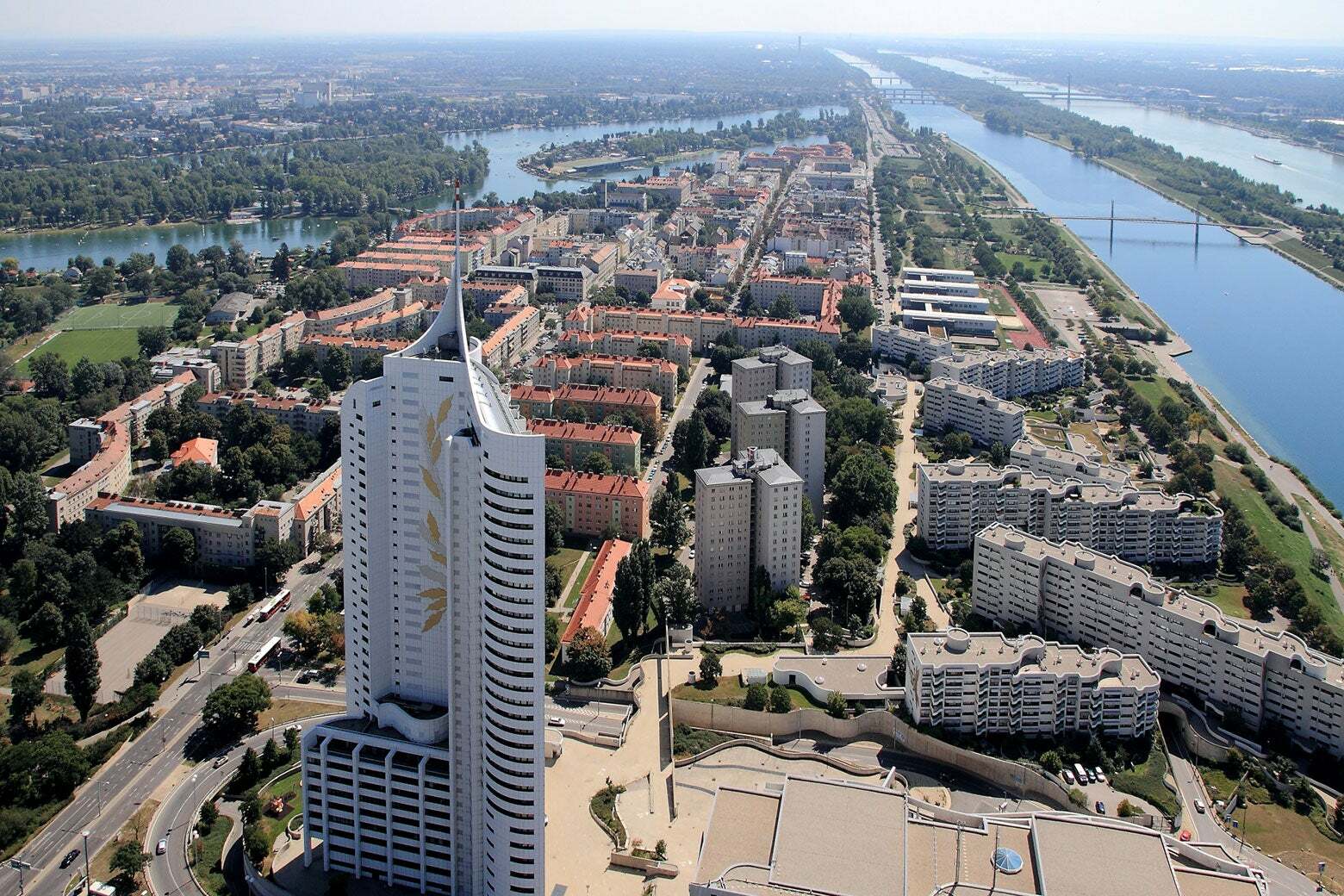2025-11-27 12:42:03
from my link log —
Solving the Partridge square packing problem using MiniZinc.
https://zayenz.se/blog/post/partridge-packing/
saved 2025-11-26 https:/…
2026-01-28 19:41:42
Flapping Airplanes, an AI research lab "devoted to solving the data efficiency problem", raised $180M at a $1.5B valuation from GV, Sequoia, Index, and others (Kate Clark/Wall Street Journal)
https://www.
2026-01-26 12:11:09
Every non-hype defense of #LLMs starts with "you must already understand your work really well." But the people vibe coding prototypes *don't*.
As a result they scale up thoughtlessness. "Bulking out" a slapdash idea with hallucinated details only displaces the real thinking that could have led to actual innovation. The very teams the tool was supposed to help instead…
2026-01-27 18:05:02
Lastly, whenever I do work with people through a specific case of them having felt like they needed to rely on an LLM, it often goes like this.
They feel guilty and ashamed.
They explain how impossible getting that task done felt with their time and energy constraints.
Yet when I talk them through other ways of solving the same problem, often we end up completing the work much quicker than it even took them to prompt the damn LLM to begin with.
And at the end, I have often seen relief - as if the person has forgotten that there are ways to work quickly while trusting their own brain, getting help in collaboration with another person rather than from a machine.
I do kind of love seeing someone realize that the AI they thought was saving them time actually caused more hassle and stress than it was worth. And that there’s a better way.
2025-11-26 15:34:11
I'm listening to the most recent episode of #YouAreNotSoSmart, David McRaney's podcast @…. It's about the Trolley problem and morality.
They keep talking about a variation of the trolley problem where, instead of pulling the lever t…
2025-12-27 11:24:12
Came across this 2010 blog post about mindfulness in computing and so much of these behaviors have only intensified to new extremes with LLM usage. So much so that not only is the process of software creation being quickly supplanted by prompts and (stochastic) "search" assemblies, but more generally the kind of mindfulness talked about in the post (here meaning thinking through & solving a problem yourself[1]) is now being openly discouraged by industry and forcefully delegate…
2025-12-26 06:25:37
“The case for upzoning is relatively solid but deeply underwhelming as a standalone position. The upshot is that everyone is at least partly right: Upzoning can address the shortfall in supply. But it won’t come close to solving the housing crisis alone. Re-enter: public housing.”
https://
2026-01-27 18:42:03
from my link log —
The C-shaped hole in package management.
https://nesbitt.io/2026/01/27/the-c-shaped-hole-in-package-management.html
saved 2026-01-27
2025-12-20 23:22:58
So in another dream I just woke up from, I was talking to someone about "the idea problem" (that it's becoming harder to monitize ideas, from a vox article written by an AI cooked reporter).
https://www.iheart.com/podcast/105-it-could-happen-here-30717896/episode/executive-disorder-white-house-weekly-46-313675864/
Basically, I was arguing that the majority of inventions target men because patriarchy puts economic control in men's hands. As men have started to help more with childcare, there have been more inventions related to childcare. (I don't have any idea if this is true. Seems legit, but I'm just relating my dream. I think I was also oversimplifying a bit to "men" and "women" because of my audience, but anyway it was a dream.) There's actually more low-hanging fruit, I pointed out, related to making care work easier.
So I argued that the real problem was a failure to invest in research into solving that problem. Today there are all these boondoggles built around killing people. What if, instead of all this government research into killing people, we dumped a ton of money into making it easier to support a household? That would be great for the economy. (Being asleep, I seem to have forgotten that working people need money.)
In the blur of being just awake I started thinking about how you could kickstart the US economy by taking the money from the AI boondoggle and other autonomous murder bots and create something like a program to build robots for housekeepers. You'd still be funding tech with government money, so the same horrible people get paid, but you're now actually solving real problems. It wouldn't even matter if it was a boondoggle, honestly. Just dumping money into something other than murdering people is good enough.
I imagined first if there was a program to fund a robot housecleaner, like robot dog with AI some laundry pickup, that would be provided, free of charge, to help people with children. It would work the same as the military boondoggle where a private company makes the government buy a piece of hardware from them and then also pay them to service it for some number of years. But instead of that hardware sitting around waiting to kill someone, it would be getting brought to people's houses to help them.
Then I thought, hey, you could even boost the economy more if you just had government funding for doulas and housecleaners and paid them a living wage. Hey, you could really kickstart the economy by nationalizing healthcare and including doula support as part of all births. Oh, and you could also just include the optional household help for families with children until the kids turn 18.
None of this is perfect (I don't actually think most of this is possible from any state), but the point is that it's actually wildly easy to figure out all kinds of ways to invest in the economy and monitize ideas as long as you aren't entirely focused on the same old "make money from spying on people and killing them." Funny that. Like they said in the podcast, maybe "finding ideas" isn't the problem.
Hope you enjoyed the weird semi-awake brain dump/rant.
2026-01-22 09:05:13
Why Senior Engineers Let Bad Projects Fail
https://lalitm.com/post/why-senior-engineers-let-bad-projects-fail/



